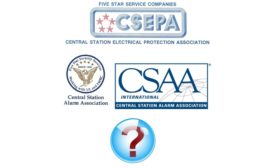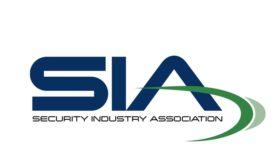Articles by Tim A. Scally
Video Doorbells Increase in Popularity
Video doorbells can do much more than just show you who is on your porch; with new integrations with smartphones and other smart home products, video doorbells have become one of the hottest trends in smart home and should be part of every dealer’s offering.
March 1, 2017
Behind CSAA’s Decision to Become ‘The Monitoring Association’
This year the Central Station Alarm Association, a 67-year-old organization representing the interests of companies that operate monitoring centers, will change its name.
March 1, 2017
State of the Market: Video Surveillance 2017
The video surveillance market is on a steady course of growth for now and into the foreseeable future. With a slight uptick in growth this year and not many surprises on the horizon, steady as she goes seems to be the safe bet.
February 3, 2017
Who Should Monitor Your Accounts?
When it comes to central stations, there are benefits to hosting your own and benefits to subcontracting a third-party wholesale monitoring company. The right decision depends on each company.
January 17, 2017
Be in the forefront of security intelligence when you receive SDM.
Join over 10,000+ professionals when you subscribe today.
SIGN UP TODAY!Copyright ©2024. All Rights Reserved BNP Media.
Design, CMS, Hosting & Web Development :: ePublishing










